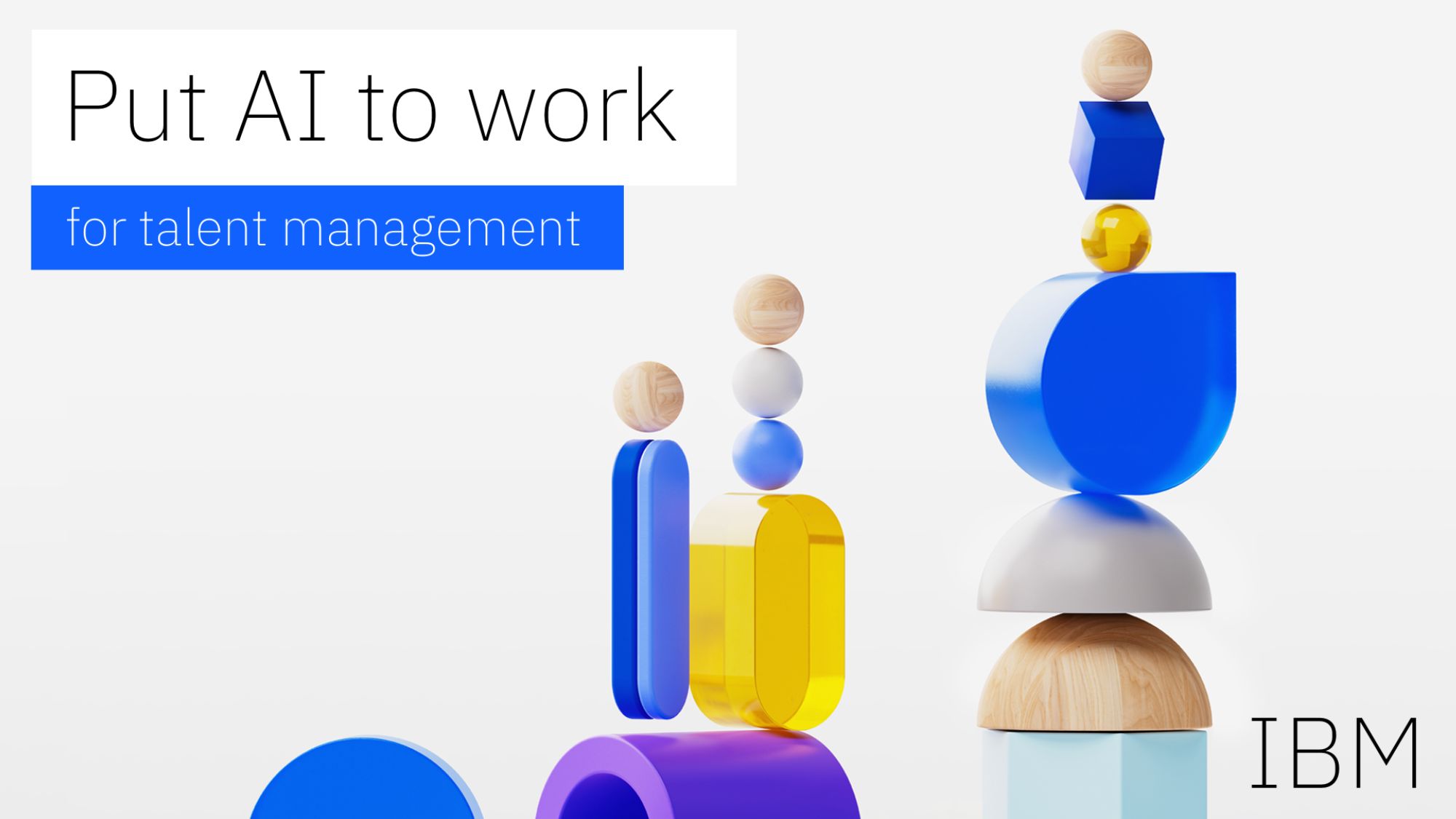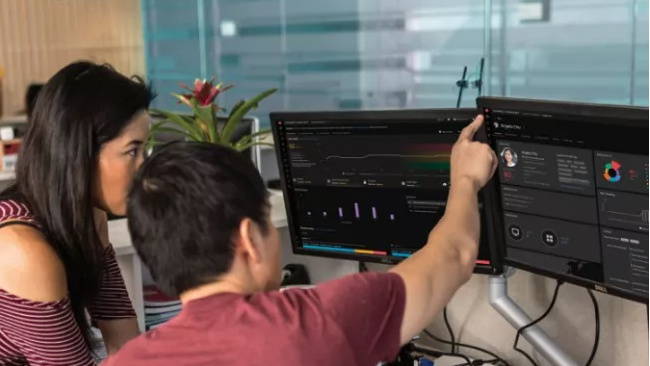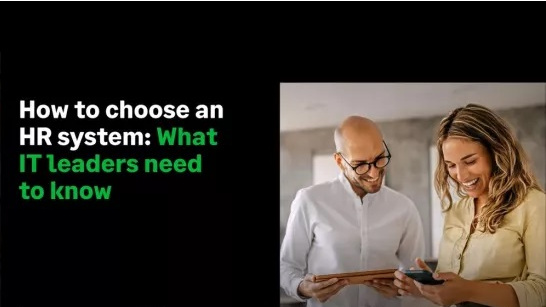Microsoft Business Intelligence eXperience Workshop
What can you expect to learn at one of Microsoft's Business Intelligence eXperience Workshops? Max Cooter finds out.


Sign up today and you will receive a free copy of our Future Focus 2025 report - the leading guidance on AI, cybersecurity and other IT challenges as per 700+ senior executives
You are now subscribed
Your newsletter sign-up was successful
I wasn't quite sure what to expect when I attended the Microsoft Business Intelligence eXperience Workshop. Was it going to be full of earnest developers and hardcore database professionals, talking about the intricacies of SQL? Or was it going to be packed with ferociously clever business analysts, slicing data here and dicing data there, looking to maximise profit yield per employee per month, all without taking their eyes off the screen?
There was an underlying unease that I'd feel totally lost (and I'm someone who started his business career as a statistician, slicing and dicing data to maximise profit yield) once the hard work began the term workshop' was rather frightening.
Business Intelligence is a strange beast anyway. It's a coming together of IT and business analytics (a theme that was touched on several times in the course of the morning) and any presenter who has to tackle the subject runs the risk of failing to satisfy both sides.
It wasn't something that happened: the attendees were pretty much all from the technical side of the divide, with expertise in Microsoft SQL Server and Microsoft SharePoint, but they were all acutely aware of the need to present information accurately and concisely to their business executives.
The first pleasant surprise was that all the attendees were given their own dedicated PCs to work with on the day. There was no death by PowerPoint' at all. Everyone in the workshop was able to try out the examples and see for him or herself what the examples were illustrating.
The second pleasant surprise was the presenter, Steve Lynn from Birmingham-based Microsoft partner, Ridgian. Considering he was dealing with some complex subjects, and presenting to an audience of varied experience, he pitched the content just about right. Naturally some people were quicker on the uptake than others, but that was to be expected, however, no-one was left behind or sitting there thumb-twiddling while waiting for others to catch up.
The scenarios used were extremely realistic so much so that one mirrored a problem that an attendee was currently trying to solve and they were chosen to reveal a wide range of software capabilities.
Sign up today and you will receive a free copy of our Future Focus 2025 report - the leading guidance on AI, cybersecurity and other IT challenges as per 700+ senior executives
The focus was on the Power BI range specifically exploring all the things that could be achieved when utilising Excel and SharePoint. There's a huge amount of power locked away in Excel that many users aren't even aware of, so digging deep into one of the pillars of Microsoft Office was a key objective of the day.
Some attendees were fully aware of what PowerView and PowerPivot can do, while some were seeing them for the first time. Steve handled both groups with ease.
What was really impressive was that most of the attendees had questions about their own implementations and problems that cropped up in their everyday working lives. At some courses I've been on, these are often hard to answer and frequently ignored. Steve (and his colleagues from Ridgian) attempted to answer all of them, demonstrating vast knowledge and a willingness to help.
The students learned how to extract customer information for a fictional mobile telecoms company. They looked at pulling average revenue per customer and examined geographical differences.
The examples chosen comprised of a small set of variables (models, tariffs, geography), but any number of variables could be built into the equation. Age or social demographic would make interesting options. The latter is something that could be extracted from a postcode and offer the opportunity to demonstrate the features of PowerMap.
The scenarios, however, did provide opportunities to use many of the Power BI products and with individual machines the attendees had plenty of chances to play with the software in the way they wanted.
Licensing and other cloud issues weren't touched on in the session, Steve says that in a half-day, there's no time to go into that much detail but the full day session explores cloud in greater depth.
There's also not much on security, another thorny issue when handling so much sensitive data; again, there's more opportunity to go into detail in a full day session. If the session had been longer, there also would have been a chance to examine mobile usage more thoroughly an area that's becoming more and more important from a business intelligence perspective.
But these are really just quibbles. The half-day session at Microsoft's offices in Cardinal Place managed to cover an amazing amount of ground in impressive detail. I spoke to roughly half the attendees afterwards and they were full of praise for the range of content covered and the expertise of the speaker: the only real regret being that they would have liked even more time to explore what Microsoft's Power BI tools can do.
Microsoft is running a number of longer events across the country over the coming months, so anyone looking to learn more about how the company handles business intelligence, and how those tools can be applied to their own company should consider attending.
To register for a Microsoft Business Intelligence Experience Workship click here.
Max Cooter is a freelance journalist who has been writing about the tech sector for almost forty years.
At ITPro, Max’s work has primarily focused on cloud computing, storage, and migration. He has also contributed software reviews and interviews with CIOs from a range of companies.
He edited IDG’s Techworld for several years and was the founder-editor of CloudPro, which launched in 2011 to become the UK’s leading publication focused entirely on cloud computing news.
Max attained a BA in philosophy and mathematics at the University of Bradford, combining humanities with a firm understanding of the STEM world in a manner that has served him well throughout his career.
-
 ITPro Best of Show NAB 2026 awards now open for entries
ITPro Best of Show NAB 2026 awards now open for entriesThe awards are a fantastic opportunity for companies to stand out at one of the industry's most attended shows
-
 Mistral CEO Arthur Mensch thinks 50% of SaaS solutions could be supplanted by AI
Mistral CEO Arthur Mensch thinks 50% of SaaS solutions could be supplanted by AINews Mensch’s comments come amidst rising concerns about the impact of AI on traditional software
-
 Put AI to work for talent management
Put AI to work for talent managementWhitepaper Change the way we define jobs and the skills required to support business and employee needs
-
 More than a number: Your risk score explained
More than a number: Your risk score explainedWhitepaper Understanding risk score calculations
-
 Four data challenges holding back your video business
Four data challenges holding back your video businesswhitepaper Data-driven insights are key to making strategic business decisions that chart a winning route
-
 Creating a proactive, risk-aware defence in today's dynamic risk environment
Creating a proactive, risk-aware defence in today's dynamic risk environmentWhitepaper Agile risk management starts with a common language
-
 How to choose an HR system
How to choose an HR systemWhitepaper What IT leaders need to know
-
 Sustainability and TCO: Building a more power-efficient business
Sustainability and TCO: Building a more power-efficient businessWhitepaper Sustainable thinking is good for the planet and society, and your brand
-
 What is small data and why is it important?
What is small data and why is it important?In-depth Amid a deepening ocean of corporate information and business intelligence, it’s important to keep things manageable with small data
-
 Microsoft's stellar cloud performance bolsters growth amid revenue slump
Microsoft's stellar cloud performance bolsters growth amid revenue slumpNews The tech giant partly blames unstable exchange rates and increased energy costs for the slowdown
